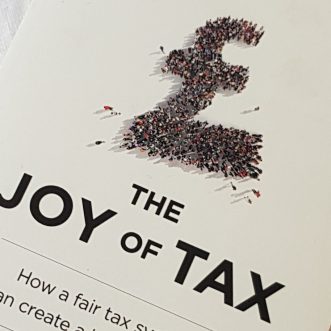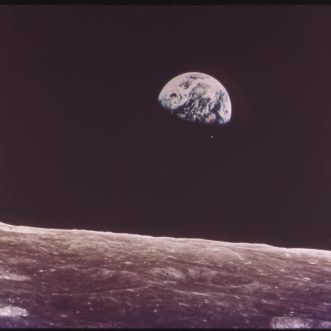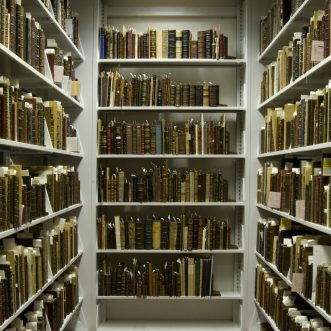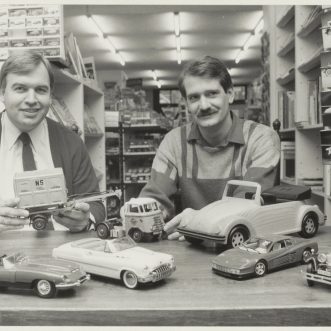
The Joy of Tax
When things flow, it is sometimes possible to be wrong about their direction. Like when you’re sitting on a train at a station, and you think it’s started moving when it’s not, because the train next to you has started moving the opposite way.
When you’re operating within a system of systems, as we all are, all of the time, it is sometimes possible to misinterpret a symptom as a cause or a cause as a symptom.
It helps to take a step away every now and then and look for the bigger picture, to try and see how things might work differently, rather than trusting your assumptions.
Writers of all kinds can help us do this. Their assumptions may be wrong too of course, but at least they help us become aware that we’re making them. Sometimes, they even help us change them.
I thoroughly recommend reading The Joy of Tax, by Richard Murphy. Even if you don’t agree about the joy.
![People will always want [insert naughty but nice product here]](https://disciplinemakesdaringpossible.com/wp-content/uploads/2023/10/Chocolate_sign_IMG_3179-331x331.jpg)







